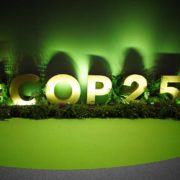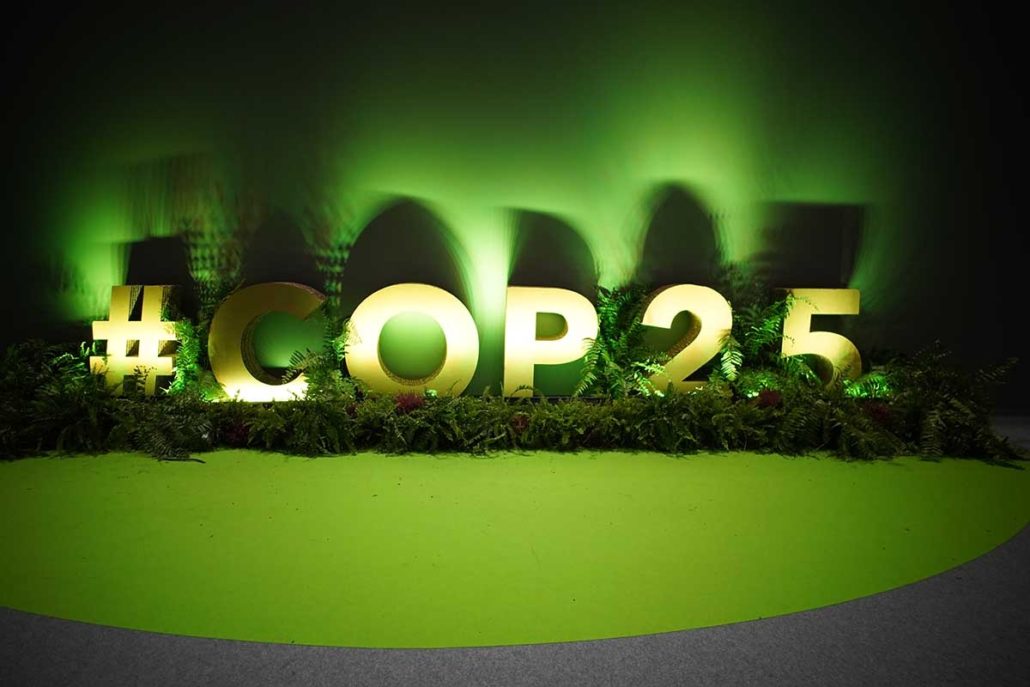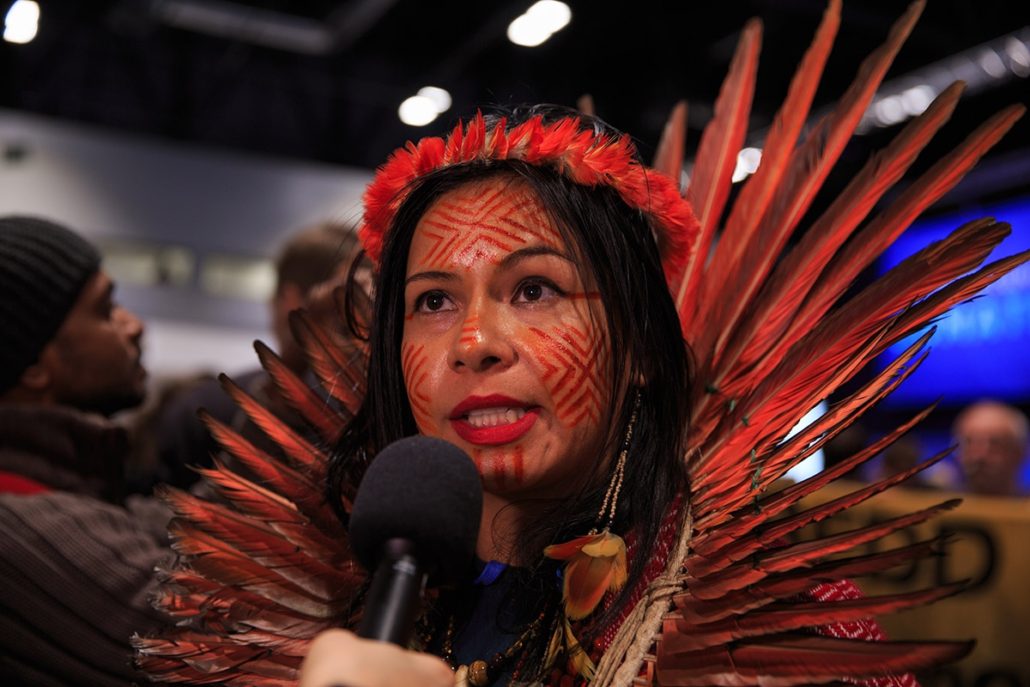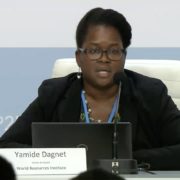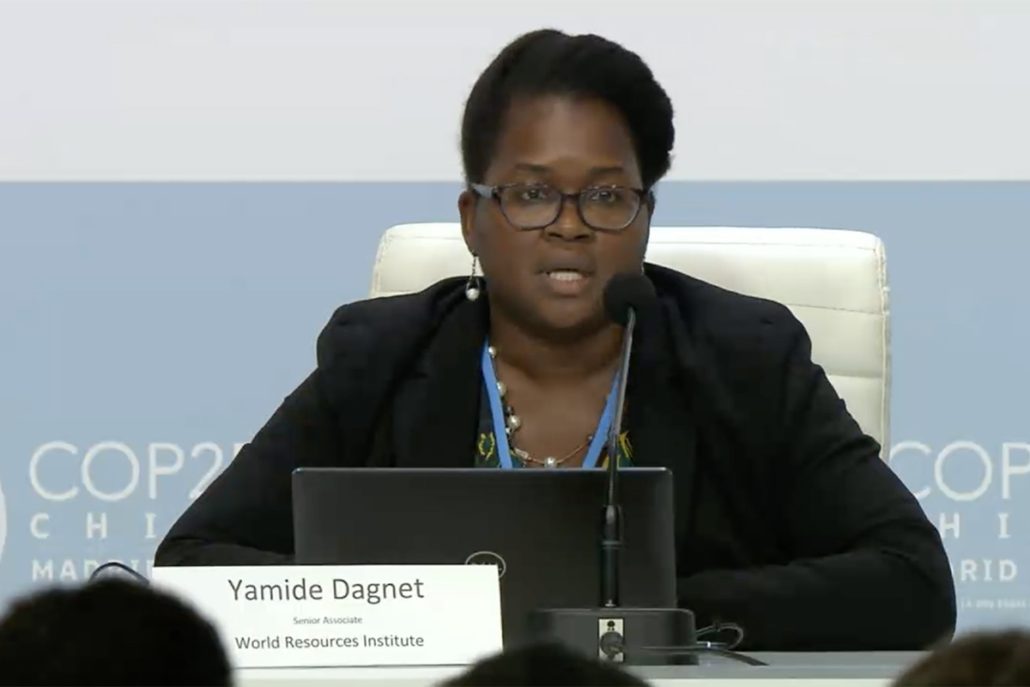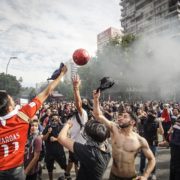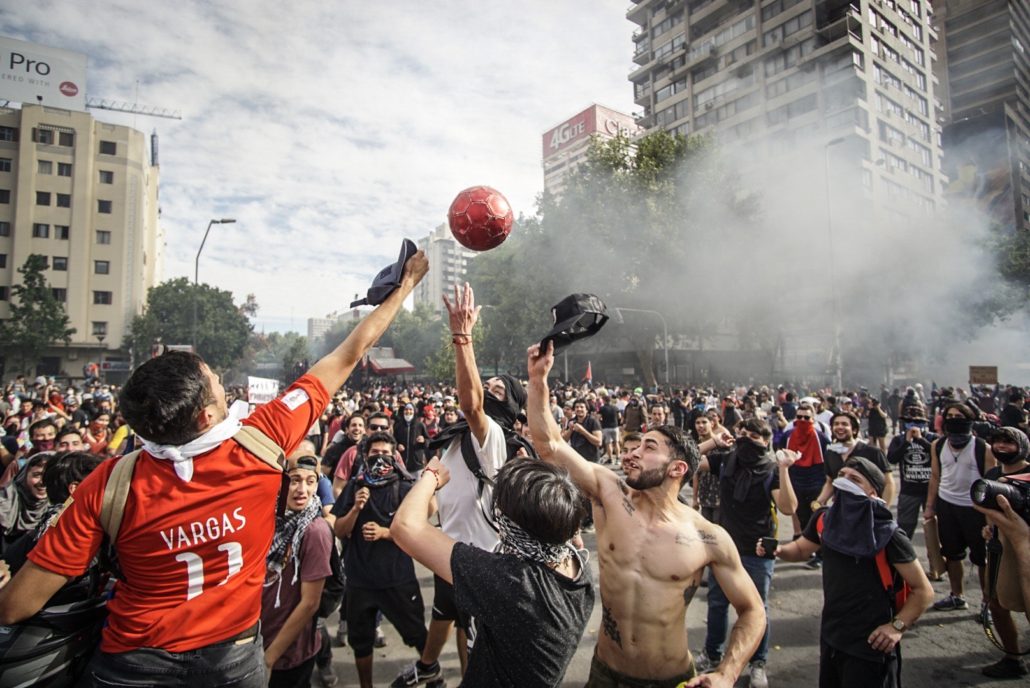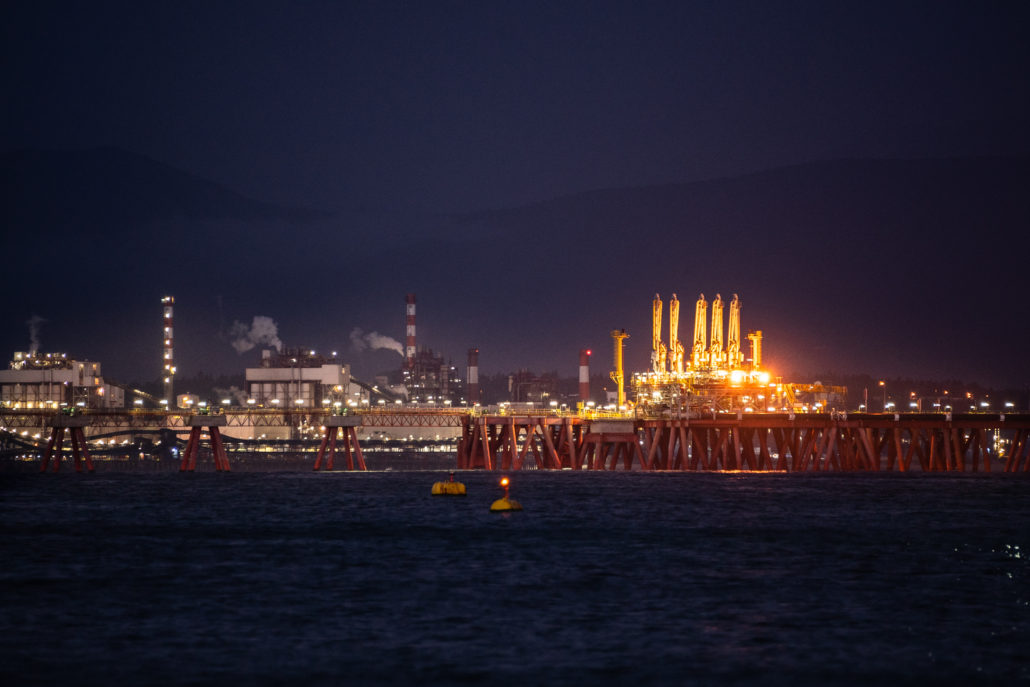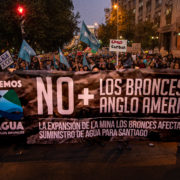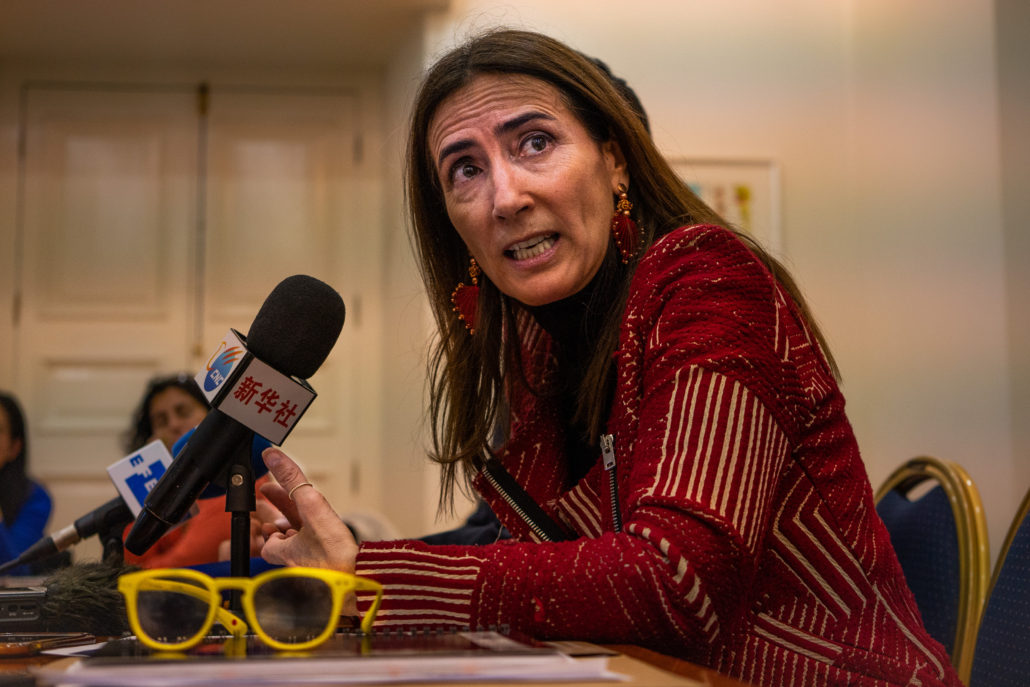COP25: Europe’s Green Deal opens door to global climate disaster politics / Geographical
Hope is the last to die, and the Paris Agreement created plenty of it. For the last four years, since COP21 in France, world nations have consoled themselves that the gulf between their intentions and the globally agreed target to limit warming to well below 2˚C was a temporary accounting challenge. To close the gap, a crank or ‘ratchet mechanism’ was added to the Paris Agreement in 2015, intended to tighten national commitments and deepen emission cuts every five years.
Continue reading at Geographical
The third in my three part series from the 2019 UN Conference of the Parties, where world representatives met this December to try to limit global warming to well below 2 degrees.

